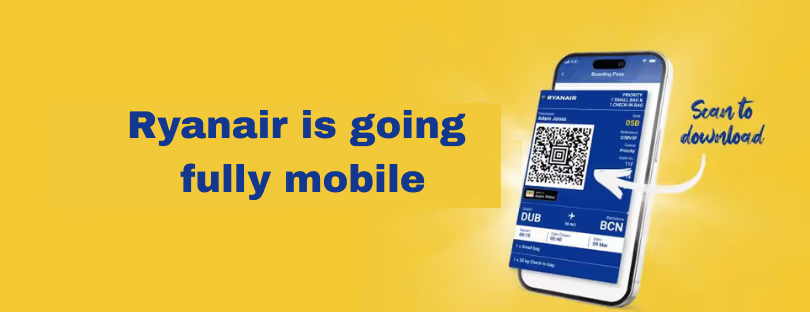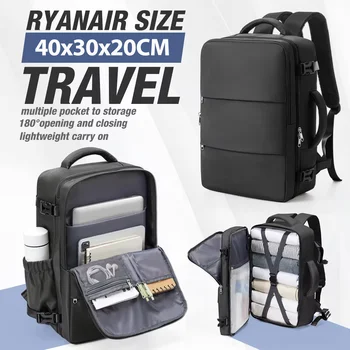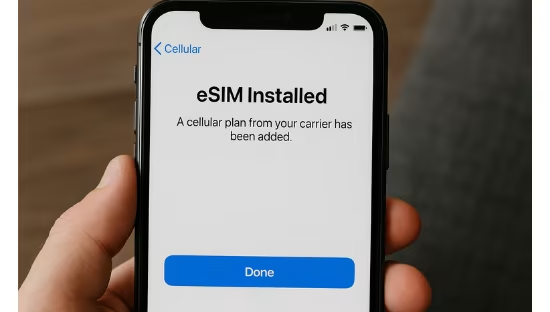
Ryanair to End Paper Boarding Passes from November 2025: What Travelers Need to Know
From 12 November 2025, Ryanair will no longer accept paper boarding passes of any kind. Instead, every passenger will need to check in via the myRyanair app and board with a digital pass displayed on their smartphone. Print-outs, whether home-printed or desk-issued, will be obsolete — and arriving without a digital boarding pass may even cost you a fee.
That’s right — if your phone is dead, missing, or you never installed the app, you’ll need help at the airport. Ryanair’s official announcement frames the move as a shift toward faster, greener, more streamlined travel — but underneath lies a complex mix of technology, cost control, and passenger risk.
Why Now? The Logic (and Risks) of Going Paperless
Ryanair’s rationale has multiple threads:
- Cost & efficiency. The airline notes that already nearly 80 % of its passengers use digital boarding passes. Eliminating paper means fewer printing, handling, and staffing costs at airports.
- Sustainability. Ryanair claims the change will cut more than 300 tonnes of paper waste per year.
- Driving app engagement. With boarding fully tied to the myRyanair app, Ryanair strengthens its control over the customer’s digital journey — more upsells, better data, more captive attention.
- Strategic pressure. The move puts pressure on lower-tech users to upgrade, align with Ryanair’s “all in app” ecosystem, and reduce legacy dependencies.
But it’s not without friction.
Passengers and advocates have raised serious concerns:
- Digital exclusion. Some travelers, especially the elderly, may not have smartphones or feel comfortable using apps. Ryanair CEO Michael O’Leary has brushed off those concerns, saying “they will convert.” Advocacy groups warn the policy could amount to discrimination by locking out users of non-smart devices.
- Phone failure, battery drain, network issues. What happens when your device dies mid-trip? Ryanair says that in such cases, if you have already checked in, staff can reissue a pass—but only under certain conditions.
- Airport and regulatory constraints. Some airports (especially in Morocco, Turkey, or parts of Albania) still require physical boarding passes by regulation. Ryanair must continue issuing paper passes at those locations. Skift reported exceptions are baked in to accommodate local airport restrictions.
- Implementation risk. Rolling out such a sweeping policy across hundreds of airports and millions of flights leaves room for chaos—hardware failures, staff confusion, or last-minute exceptions could spark messy scenes.
READ MORE: Portugal Blocks Ryanair’s Push for App-Only Boarding
Ryanair itself postponed the original Nov 3 launch to Nov 12, citing a need for a “seamless transition” after the midterm school break period. In earlier reporting, Skift noted that some elements of “100% paperless” may still not fully materialize everywhere due to airport infrastructure constraints.
 What This Means for Travelers
What This Means for Travelers
If you’re flying Ryanair after 12 November, here’s what to watch out for:
- Install and familiarize yourself with the myRyanair app well ahead of your trip. Don’t wait until the airport to learn how to use it.
- Check in via the app, generate your boarding pass, and ensure it displays correctly.
- Charge your device. Carry a power bank or backup charger — a dead battery may become a serious obstacle.
- Screen capture backup? Some travelers hope printing a QR code or screenshot might help, but Ryanair says it will not accept prints or PDF files not issued through the app.
- Arrive early if you’re unsure. If you hit snags, you may need staff assistance at the gate.
- Know the exceptions. If you’re traveling to or from airports requiring paper passes (Morocco, Turkey, parts of Albania), hybrid processes will continue for now.
Passengers already vocal on forums express frustration:
“I have a printed boarding pass because I feel safer with it — what if my phone fails?”
“I’m 81, I don’t have a smartphone. What do I do now?”
Some commenters cheekily suggested taping a printed QR code to a dead phone and scanning that.
How Does Ryanair Compare With Other Airlines?
Ryanair is among the first major airlines aiming for fully mandatory digital boarding passes. Many carriers already offer mobile or app-based boarding passes, but allow printouts or desk issuance as fallbacks.
- In the U.S., no major airline has yet committed to abandoning physical boarding passes entirely, though digital adoption has grown steadily.
- Budget rivals like easyJet, Wizz Air, and Jet2 currently accept both digital and printed passes (depending on the airport). None has signaled a complete phase-out to date.
- Some full-service carriers experiment with biometric boarding, digital credentialing (e.g., ICAO’s “digital travel credential” initiative), or app-centric check-ins—but typically still maintain physical print options as safety nets.
In effect, Ryanair is trying to force a tipping point — making digital boarding an irreversible standard, not just an option. This bold bet may work (or backfire) depending heavily on execution, passenger patience, and regulatory pushback.











